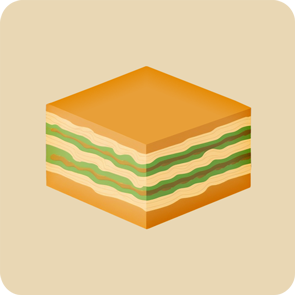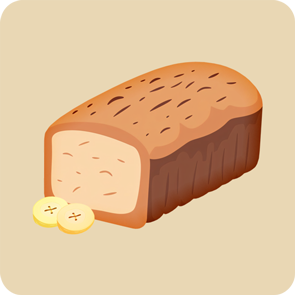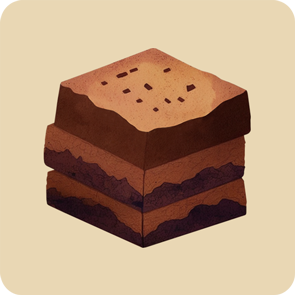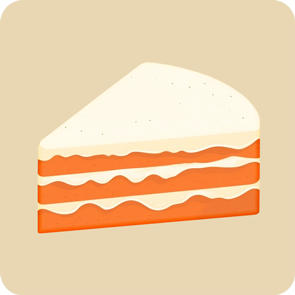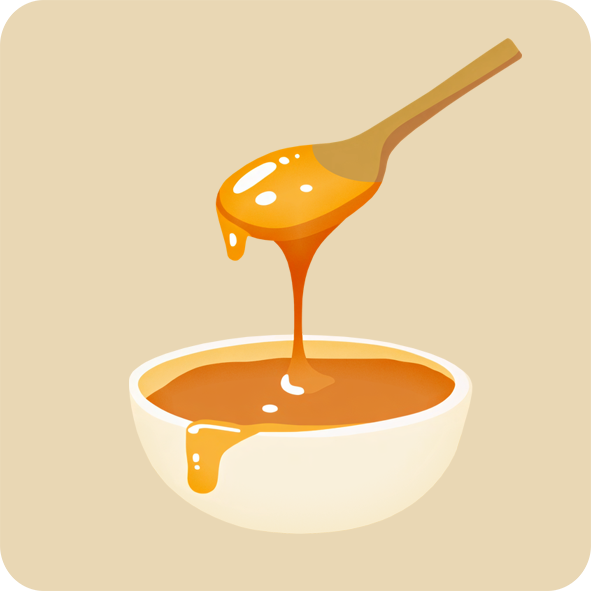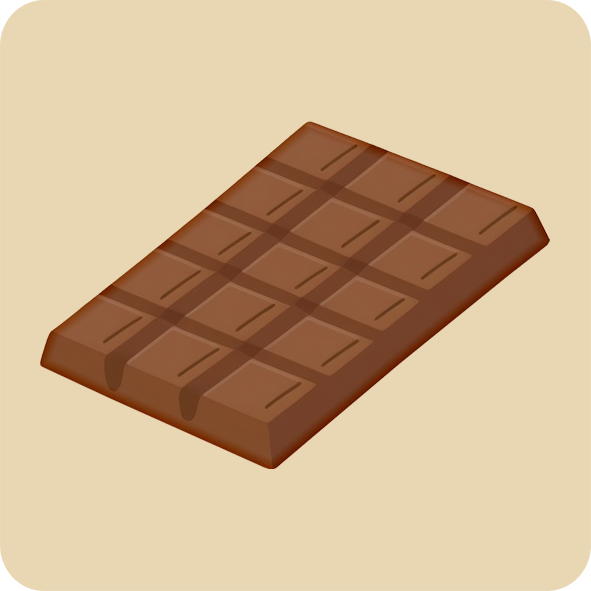
Chocolate Spread

Cherry Pie

Digestive Biscuit
A classic semi-sweet biscuit originating from the UK, digestive biscuits are made from whole wheat flour and are often enjoyed with tea or coffee.
70
1 biscuit
(15 grams)
CAL
D
Nutri-Score
Contains fiber and carbohydrates but also sugars and saturated fats.
Value per 100 grams & per cup (120g):
450 kcal | 540 kcal
Protein
7 grams | 8 grams
Fats
20 grams | 25 grams
Carbohydrates
65 grams | 78 grams
Fiber
7 grams | 8 grams
Vitamins & Nutrients
- Vitamin B1 (Thiamine): Supports energy metabolism.
- Iron: Aids oxygen transport in blood.
- Calcium: Essential for bone strength.
- Magnesium: Important for muscle function.
Satiety and Feelings
Digestive biscuits provide moderate fiber and carbohydrates, making them somewhat satisfying but can lead to quick energy spikes due to sugar content.
What does 100 g look like?
About 6-7 digestive biscuits.
What does 2000 | 2500 calories look like?
28-33 biscuits or about 4 ½ cups (360 grams / 0.79 lbs).
Daily Value per 100 grams %
Did you know?
Digestive biscuits were originally created in the 19th century to aid digestion thanks to their use of whole wheat flour and baking soda.
They are a popular tea-time snack in the UK and many Commonwealth countries.
Many brands now offer reduced sugar or gluten-free versions.
They can be used as a base for desserts like cheesecake crusts.
Drawbacks ⚠️
Contains added sugars and saturated fats that can affect heart health if eaten excessively.
Some commercial versions may include preservatives and additives.
Though higher in fiber than many biscuits, fiber content is still moderate.







